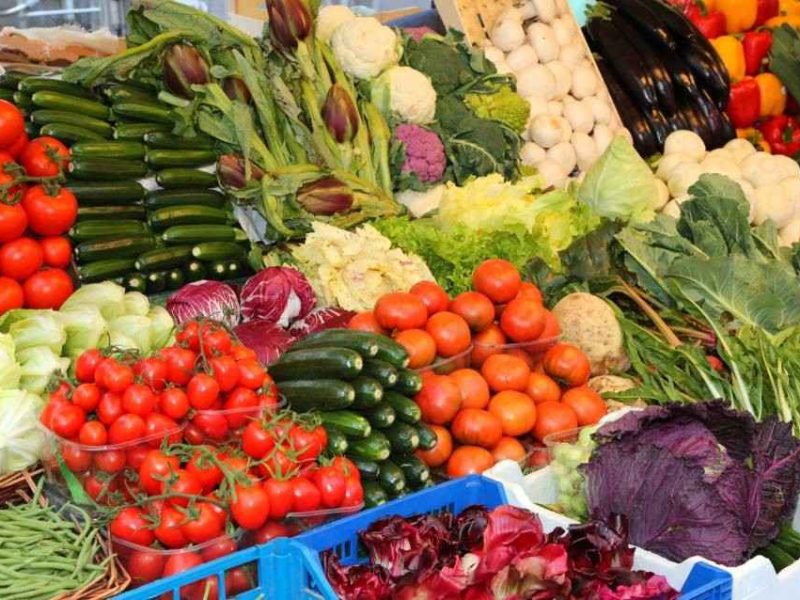The Market Intervention Scheme (MIS), part of the PM-AASHA initiative, serves as a safety net for farmers facing price volatility in perishable agricultural products. Triggered by requests from State or Union Territory (UT) governments during price drops, MIS prevents farmers from resorting to distress sales.
Key Features
- Shields farmers from price crashes, especially during bumper harvests.
- Focused on perishables like tomatoes, onions, and potatoes.
- Activated when prices fall below a defined threshold.
- Revised guidelines allow higher procurement limits and flexible payments.
Market Intervention Scheme and Conditions for Implementation
- Applied if market prices dip by at least 10% from the previous year.
- Procurement cap raised from 20% to 25% of total production.
- States can either purchase crops directly or transfer the price difference to farmers’ accounts.
Support for Price Differences
- NAFED, NCCF, and other agencies cover transport and storage costs for price variations between producing and consuming states.
- NCCF approved to move 1,000 MT of Kharif tomatoes from Madhya Pradesh to Delhi.
Implementation Process
- Overseen by the Department of Agriculture and Cooperation.
- NAFED acts as the central procurement body, with state agencies involved until prices stabilize above the Market Intervention Price (MIP).
Financial Framework
- Costs shared equally between central and state governments.
- For North-Eastern states, the central government covers 75% of losses.
- States are reimbursed for losses, not provided direct grants.
Commodities Covered
- Encompasses perishables like apples, garlic, oranges, grapes, and spices.
- Especially valuable during surplus production periods.
Role of State Governments
- States must request MIS activation and oversee local procurement, ensuring the scheme addresses genuine market distress.
Farmer Benefits
- Guarantees minimum prices, mitigating distress sales.
- Aims to stabilize farmer income and promote sustainable agriculture through fair pricing.












